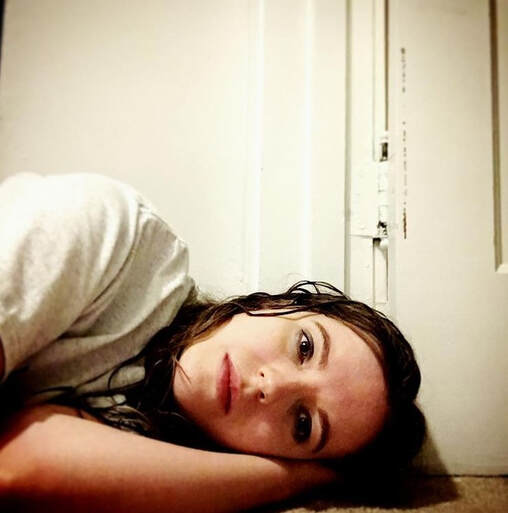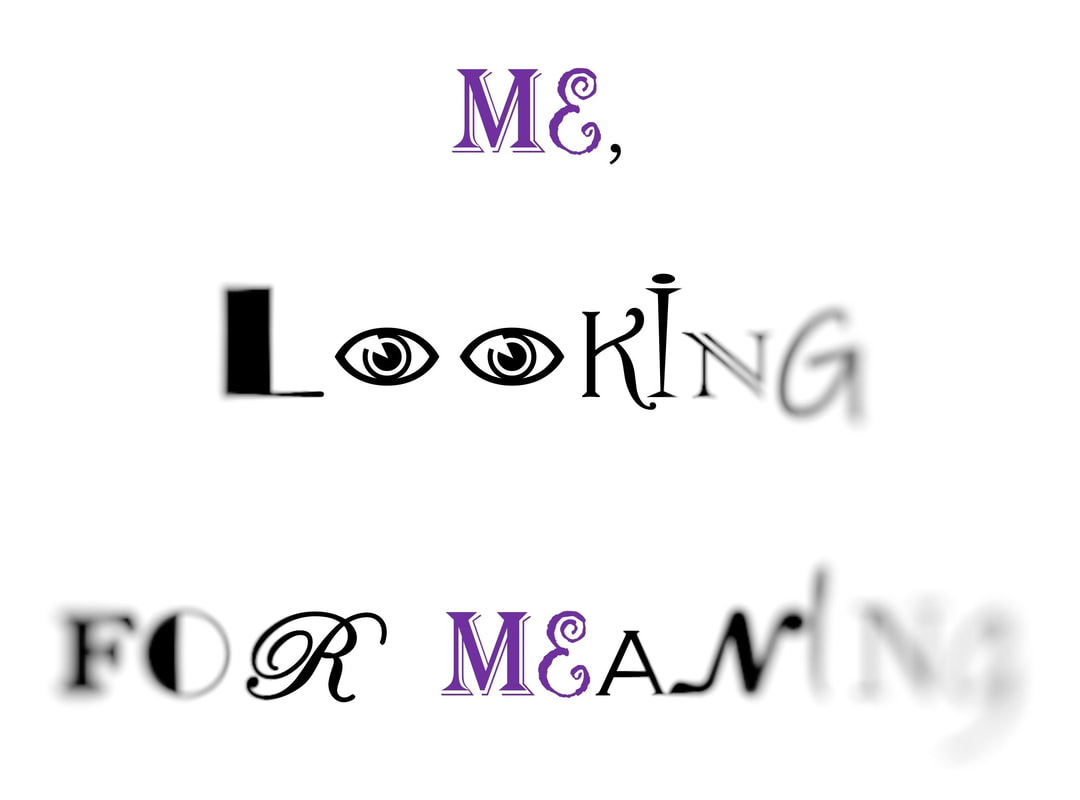Why Am I Trying to Stay Sane?

To be honest, I am not really losing my sanity. Many people have been dealing with actual mental health problems, but not me. I decided to keep this wording, because it will allow me to discuss (elsewhere) that human communication is often nonliteral. At the same time, I acknowledge that somebody with an actual mental health condition may be upset to see words like "crazy" used for emphasis.
When people ask me how I am doing, my response is often "ok, thanks", and it is not a lie. Being an optimist, I prefer to focus on the fact that I am surviving and often even thriving. I do not like complaining; talking about things that go well helps me feel stronger. But my life is not without its share of struggles. It is important to address the most prominent of them here, as they affect my thinking and writing. These challenges change over time, and the current page will be sometimes updated accordingly.
I started this book in February 2021, almost a year after coronavirus had been pronounced a pandemic. Neither me or anybody in my immediate family have been seriously ill. Technically, my main needs are met: I have food, I am safe, I am with my family, and I even have some time for self-actualization (that is, for writing). Yet, things are not always easy. Plenty has been said about the difficulties experienced during the pandemic by parents of small children (or any children, for that matter). In the beginning of 2020, our sons Robin and Sky were 3,5 and 1,5 years old respectively. Sleep was still a big issue. All daycares closed in March 2020, so I did not have much time to relax for a while, both during the day and at night. Things got a bit better that fall, when we started inviting babysitters. However, I have been affected by sleep-deprivation until very recently, as Sky had problems sleeping at night till spring 2022.
Same as most other people, I do not like being stuck at home without an opportunity to spend time with friends or to change a scenery. In the winter 2021, the pandemic was in its second round (the delta variant). Between the kids and coronavirus, it was difficult to engage in any "normal" activities: going to a restaurant or a museum, shopping, etc. On top of that, I missed my mom. She lives in Russia and used to spend time with us 1-2 times a year. Her last visit was in November 2019. In February 2021, I was also in the middle of a major career change filled with uncertainty. I decided to leave academia, but did not know yet what to do with my life.
An identity crisis triggered by the career change overlapped with a more positive development: my first print book Media Is Us was being prepared for a publication date in the summer 2021. I was leaving academia, but I wanted to continue my writing and research. This was the first time I started calling myself a writer - a writer and a scholar, to be precise. Working on a hypertext book came to me as a "crazy" idea, but it made a lot of sense at the time when I wanted to explore my thoughts in a space unconstrained by standards of academic establishment.
I am working on this update six weeks after Russia invaded Ukraine. Same as with coronavirus, me and my immediate family in the United States have not suffered from this crisis. However, the war has affected me on a very personal level. I identify myself as Russian, but I have relatives in Ukraine. I am horrified by Russia's actions, embarrassed by atrocities committed by the country where I was born. On top of that, I am saddened to acknowledge that my mother has been affected by Russian propaganda. On bad days, I dwell on the fact that I cannot talk to her about the war, and that I do not even know when I will see her again. On good (or better) days, I use this new crisis as an inspiration for thinking about empathy, communication and power.
I am a lucky and privileged person. I know that many people have had it much worse than me. To tell you the truth, I feel somewhat guilty describing my challenges. This page reflects my attempts to find a balance between acknowledging that things are not always easy for me and being grateful for what I have.
About this project: Start page
When people ask me how I am doing, my response is often "ok, thanks", and it is not a lie. Being an optimist, I prefer to focus on the fact that I am surviving and often even thriving. I do not like complaining; talking about things that go well helps me feel stronger. But my life is not without its share of struggles. It is important to address the most prominent of them here, as they affect my thinking and writing. These challenges change over time, and the current page will be sometimes updated accordingly.
I started this book in February 2021, almost a year after coronavirus had been pronounced a pandemic. Neither me or anybody in my immediate family have been seriously ill. Technically, my main needs are met: I have food, I am safe, I am with my family, and I even have some time for self-actualization (that is, for writing). Yet, things are not always easy. Plenty has been said about the difficulties experienced during the pandemic by parents of small children (or any children, for that matter). In the beginning of 2020, our sons Robin and Sky were 3,5 and 1,5 years old respectively. Sleep was still a big issue. All daycares closed in March 2020, so I did not have much time to relax for a while, both during the day and at night. Things got a bit better that fall, when we started inviting babysitters. However, I have been affected by sleep-deprivation until very recently, as Sky had problems sleeping at night till spring 2022.
Same as most other people, I do not like being stuck at home without an opportunity to spend time with friends or to change a scenery. In the winter 2021, the pandemic was in its second round (the delta variant). Between the kids and coronavirus, it was difficult to engage in any "normal" activities: going to a restaurant or a museum, shopping, etc. On top of that, I missed my mom. She lives in Russia and used to spend time with us 1-2 times a year. Her last visit was in November 2019. In February 2021, I was also in the middle of a major career change filled with uncertainty. I decided to leave academia, but did not know yet what to do with my life.
An identity crisis triggered by the career change overlapped with a more positive development: my first print book Media Is Us was being prepared for a publication date in the summer 2021. I was leaving academia, but I wanted to continue my writing and research. This was the first time I started calling myself a writer - a writer and a scholar, to be precise. Working on a hypertext book came to me as a "crazy" idea, but it made a lot of sense at the time when I wanted to explore my thoughts in a space unconstrained by standards of academic establishment.
I am working on this update six weeks after Russia invaded Ukraine. Same as with coronavirus, me and my immediate family in the United States have not suffered from this crisis. However, the war has affected me on a very personal level. I identify myself as Russian, but I have relatives in Ukraine. I am horrified by Russia's actions, embarrassed by atrocities committed by the country where I was born. On top of that, I am saddened to acknowledge that my mother has been affected by Russian propaganda. On bad days, I dwell on the fact that I cannot talk to her about the war, and that I do not even know when I will see her again. On good (or better) days, I use this new crisis as an inspiration for thinking about empathy, communication and power.
I am a lucky and privileged person. I know that many people have had it much worse than me. To tell you the truth, I feel somewhat guilty describing my challenges. This page reflects my attempts to find a balance between acknowledging that things are not always easy for me and being grateful for what I have.
About this project: Start page
